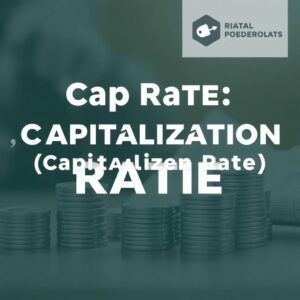A commercial hard money loan offers a quick solution for businesses and real estate investors seeking immediate access to capital for various property-related ventures. Unlike traditional financing options that rely on a borrower’s credit score and financial history, these loans are predominantly secured by the value of the commercial property itself. This alternative lending mechanism is particularly advantageous for individuals needing swift funding for investments such as real estate purchases, property rehabilitation, or bridge financing during urgent deals. The streamlined approval process allows borrowers to secure funds swiftly, often within just a few days, making it an ideal choice in fast-paced environments.
One of the critical advantages of commercial hard money loans is their flexibility in terms of lending arrangements and repayment schedules, which can be tailored to meet the specific needs of the borrower. This flexibility, combined with a reduced emphasis on credit history, enables individuals with less-than-perfect credit to access necessary funds. However, these benefits come at a cost; hard money loans often carry higher interest rates than conventional loans, reflecting the increased risk assumed by private lenders. Borrowers should exercise caution, as the shorter repayment terms, typically ranging from one to three years, can present significant challenges for repayment, potentially resulting in foreclosure if not managed properly.
Investors frequently utilize hard money loans for various scenarios, including fix-and-flip projects and commercial property acquisitions where time is of the essence. These loans act as a lifeline during funding shortfalls for developers, providing emergency cash to keep projects on track. While commercial hard money loans can be valuable tools for securing rapid financing, borrowers must thoughtfully evaluate the risks involved, such as higher costs and the potential for losing their property in case of default. By understanding the nuances of hard money lending, investors and businesses can make informed decisions that align with their financial strategies and goals.



